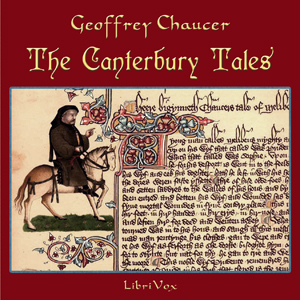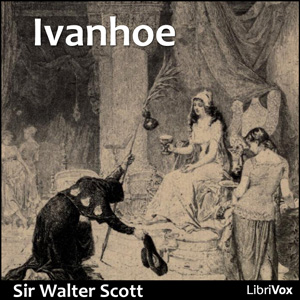- Prefatory Remarks and Introduction
- Chapter I
- Chapter II
- Chapter III
- Chapter IV
- Chapter V
- Chapter VI
- Chapter VII
- Chapter VIII
- Chapter IX
- Chapter X
- Chapter XI
- Chapter XII
- Chapter XIII
- Chapter XIV
- Chapter XV
- Chapter XVI
- Chapter XVII
- Chapter XVIII
- Chapter XIX
- Chapter XX
- Chapter XXI
- Chapter XXII
- Chapter XXIII
- Chapter XXIV
- Chapter XXV
- Chapter XXVI
- Chapter XXVII
- Chapter XXVIII
- Chapter XXIX
- Chapter XXX
- Chapter XXXI
- Chapter XXXII
- Chapter XXXIII
- Chapter XXXIV
- Chapter XXXV
- Chapter XXXVI
- Chapter XXXVII
- Chapter XXXVIII
- Chapter XXXIX
- Chapter XL
- Chapter XLI, part 1
- Chapter XLI, part 2
- Chapter XLII
- Chapter XLIII
- Chapter XLIV
- Chapter XLV
- Chapter XLVI
- Chapter XLVII
- Chapter XLVIII
- Chapter XLIX
- Chapter L
- Chapter LI
- Chapter LII
- Chapter LIII
- Chapter LIV
- Chapter LV, part 1
- Chapter LV, part 2
- Chapter LVI
- Chapter LVII, part 1
- Chapter LVII, part 2
- Chapter LVIII
- Chapter LIX
- Chapter LX
- Chapter LXI, part 1
- Chapter LXI, part 2
- Chapter LXII
- Chapter LXIII
- Chapter LXIV
- Chapter LXV, part 1
- Chapter LXV, part 2
- Chapter LXVI
- Chapter LXVII
The Pharaoh and the Priest (Polish: Faraon) is the fourth and last major novel by the Polish writer Bolesław Prus. It was the sole historical novel by an author who had earlier disapproved of historical novels on the ground that they inevitably distort history. Pharaoh has been described by Czesław Miłosz as a "novel on mechanisms of state power and, as such, probably unique in world literature of the nineteenth century.... Prus, in selecting the reign of 'Pharaoh Ramses XIII' in the eleventh century BCE, sought a perspective that was detached from pressures of topicality and censorship. Pharaoh is set in the Egypt of 1087–85 BCE as that country experiences internal stresses and external threats that will culminate in the fall of its Twentieth Dynasty and New Kingdom. The young protagonist Ramses learns that those who would challenge the powers that be are vulnerable to co-option, seduction, subornation, defamation, intimidation and assassination. Perhaps the chief lesson, belatedly absorbed by Ramses as pharaoh, is the importance, to power, of knowledge. Prus' vision of the fall of an ancient civilization derives some of its power from the author's intimate awareness of the final demise of the Polish-Lithuanian Commonwealth in 1795, a century before the completion of the novel. (Summary by Wikipedia)
There are no reviews for this eBook.
There are no comments for this eBook.
You must log in to post a comment.
Log in











